When it comes to weight loss, many people focus solely on cutting calories, but it’s equally important to pay attention to the quality of those calories—and that’s where protein comes into play. Protein plays a crucial role in weight loss, not only by helping to build and repair muscle but also by keeping you full and satisfied. It can help you maintain lean body mass and boost metabolism, making it an essential nutrient for anyone looking to shed pounds. In this article, we’ll explore the role of protein in weight loss, how it helps you reach your goals, and how much you really need to achieve the best results.
How Protein Supports Weight Loss
Protein is one of the three main macronutrients, alongside carbohydrates and fats, and it is vital for various functions in the body. When it comes to weight loss, protein has a number of unique benefits that set it apart from the other macronutrients:
1. Increases Satiety and Reduces Appetite
One of the main benefits of protein for weight loss is its ability to increase satiety and reduce appetite. Protein is more satiating than carbohydrates or fats, which means it helps you feel full for longer. This is due to the impact of protein on the hunger hormones ghrelin and peptide YY. Ghrelin is the hormone responsible for making you feel hungry, while peptide YY is a hormone that helps you feel full. By increasing levels of peptide YY and reducing levels of ghrelin, protein can help curb your appetite and reduce overall calorie intake.
2. Boosts Metabolism and Thermic Effect of Food
The thermic effect of food (TEF) refers to the number of calories your body uses to digest, absorb, and process nutrients. Protein has a higher thermic effect compared to carbohydrates and fats, meaning your body burns more calories processing protein than it does other macronutrients. This boost in metabolism can help you burn more calories throughout the day, supporting your weight loss efforts.
3. Preserves Lean Muscle Mass
When you’re losing weight, it’s important to maintain as much lean muscle mass as possible. Muscle tissue is metabolically active, meaning it burns more calories at rest compared to fat tissue. If you lose muscle while dieting, your metabolism will slow down, making it harder to lose weight and easier to regain it. Consuming enough protein helps preserve lean muscle mass during weight loss, ensuring that the majority of the weight you lose comes from fat rather than muscle.
4. Supports Exercise and Recovery
Exercise is a crucial component of any weight loss plan, and protein plays an important role in supporting exercise performance and recovery. Consuming adequate protein helps repair and build muscle tissue after workouts, reducing soreness and helping you recover more quickly. This means you can stay active and continue burning calories without being held back by muscle fatigue or injury.
How Much Protein Do You Need for Weight Loss?
The amount of protein you need depends on various factors, including your age, activity level, body weight, and specific weight loss goals. For general health, the Recommended Dietary Allowance (RDA) for protein is 0.8 grams per kilogram of body weight. However, for those looking to lose weight, higher protein intake is often recommended to maximize its benefits.
1. Protein Recommendations for Weight Loss
For effective weight loss, most experts recommend consuming between 1.2 to 1.6 grams of protein per kilogram of body weight. For example, if you weigh 70 kilograms (154 pounds), you should aim for between 84 and 112 grams of protein per day. This higher protein intake helps support satiety, preserve muscle mass, and boost metabolism.
If you’re very physically active or engaging in resistance training, you may benefit from even higher protein intake, ranging from 1.6 to 2.2 grams per kilogram of body weight. This helps support muscle recovery and growth, ensuring that you maintain your strength and lean muscle mass while losing fat.
2. Protein Distribution Throughout the Day
To get the most benefit from your protein intake, it’s important to distribute it evenly throughout the day. Instead of consuming a large amount of protein in one meal, aim to include a source of protein with every meal and snack. This helps keep you full and satisfied and ensures a steady supply of amino acids for muscle repair and growth.
For example, if you’re aiming for 100 grams of protein per day, you could have:
- Breakfast: 20 grams of protein (e.g., Greek yogurt with berries and nuts)
- Lunch: 30 grams of protein (e.g., grilled chicken salad with quinoa)
- Snack: 10 grams of protein (e.g., a protein shake or handful of almonds)
- Dinner: 30 grams of protein (e.g., baked salmon with vegetables)
- Evening Snack: 10 grams of protein (e.g., cottage cheese with fruit)
Best Sources of Protein for Weight Loss
Not all protein sources are created equal, and some are better suited for weight loss than others. Here are some of the best protein sources to include in your diet:
1. Lean Meats
Lean meats, such as chicken breast, turkey, and lean cuts of beef, are excellent sources of high-quality protein with relatively low fat content. These meats provide all the essential amino acids your body needs and are a great option for supporting weight loss.
2. Fish and Seafood
Fish and seafood are rich in protein and often contain healthy omega-3 fatty acids, which can support heart health and reduce inflammation. Salmon, tuna, shrimp, and cod are all excellent choices for weight loss, as they provide a good balance of protein and healthy fats.
3. Eggs
Eggs are one of the most nutritious foods available and are a great source of high-quality protein. They’re also versatile and easy to incorporate into meals. Studies have shown that eating eggs for breakfast can help reduce calorie intake later in the day, making them an ideal choice for weight loss.
4. Dairy Products
Low-fat dairy products, such as Greek yogurt, cottage cheese, and skim milk, are rich in protein and can help support weight loss. Greek yogurt, in particular, is high in protein and can be enjoyed as a snack or added to smoothies and other dishes.
5. Plant-Based Protein Sources
For those following a plant-based diet, there are plenty of protein-rich options to choose from. Legumes (such as lentils, chickpeas, and black beans), tofu, tempeh, quinoa, nuts, and seeds are all excellent plant-based protein sources. Combining different plant-based proteins throughout the day can help ensure you get all the essential amino acids your body needs.
Tips for Incorporating More Protein into Your Diet
If you’re looking to increase your protein intake for weight loss, here are some practical tips to help you get started:
- Start Your Day with Protein: Begin your day with a high-protein breakfast, such as eggs, Greek yogurt, or a protein smoothie. This can help reduce cravings and keep you full until lunchtime.
- Add Protein to Every Meal: Make sure each meal includes a source of protein, whether it’s lean meat, fish, eggs, dairy, or plant-based options like tofu or legumes.
- Choose Protein-Rich Snacks: Instead of reaching for sugary or carb-heavy snacks, opt for protein-rich alternatives like string cheese, hard-boiled eggs, or a handful of nuts.
- Use Protein Supplements: If you’re struggling to meet your protein needs through food alone, consider using protein supplements, such as whey protein or plant-based protein powders. These can be added to smoothies, oatmeal, or simply mixed with water for a convenient protein boost.
- Prepare in Advance: Meal prepping can help ensure you always have high-protein options available. Cook lean meats, hard-boil eggs, or portion out Greek yogurt ahead of time to make it easier to reach for protein-rich foods.
Common Myths About Protein and Weight Loss
There are several myths surrounding protein and weight loss that can create confusion. Let’s address some of the most common misconceptions:
- Myth 1: High-Protein Diets Are Bad for Your Kidneys: While people with existing kidney conditions may need to limit their protein intake, there is no evidence that high-protein diets cause kidney damage in healthy individuals. In fact, a higher protein intake can be beneficial for muscle preservation and weight loss.
- Myth 2: Eating Too Much Protein Will Make You Gain Weight: Protein is more satiating than other macronutrients, which makes it less likely to lead to overeating. When consumed as part of a balanced diet, protein can actually support weight loss by keeping you full and satisfied.
- Myth 3: You Need Protein Supplements to Lose Weight: While protein supplements can be convenient, they are not necessary for weight loss. Whole food sources of protein are just as effective and provide additional nutrients that supplements may lack.
Protein is a powerful tool for weight loss, offering benefits like increased satiety, a boosted metabolism, and preserved muscle mass. By ensuring you get enough protein and incorporating it into every meal, you can support your weight loss journey and improve your overall health. Whether you choose animal-based or plant-based protein sources, the key is to find what works for you and make protein a consistent part of your daily diet.













